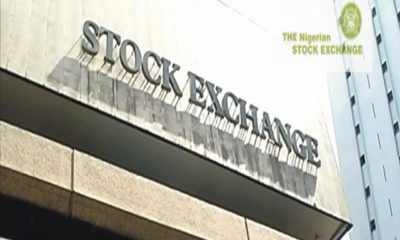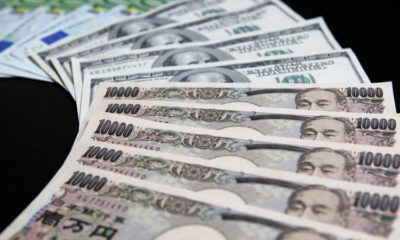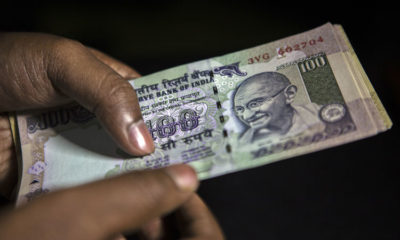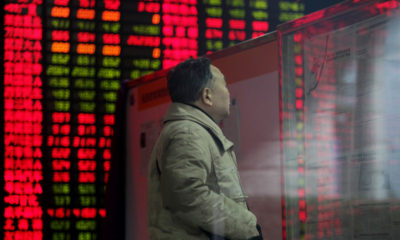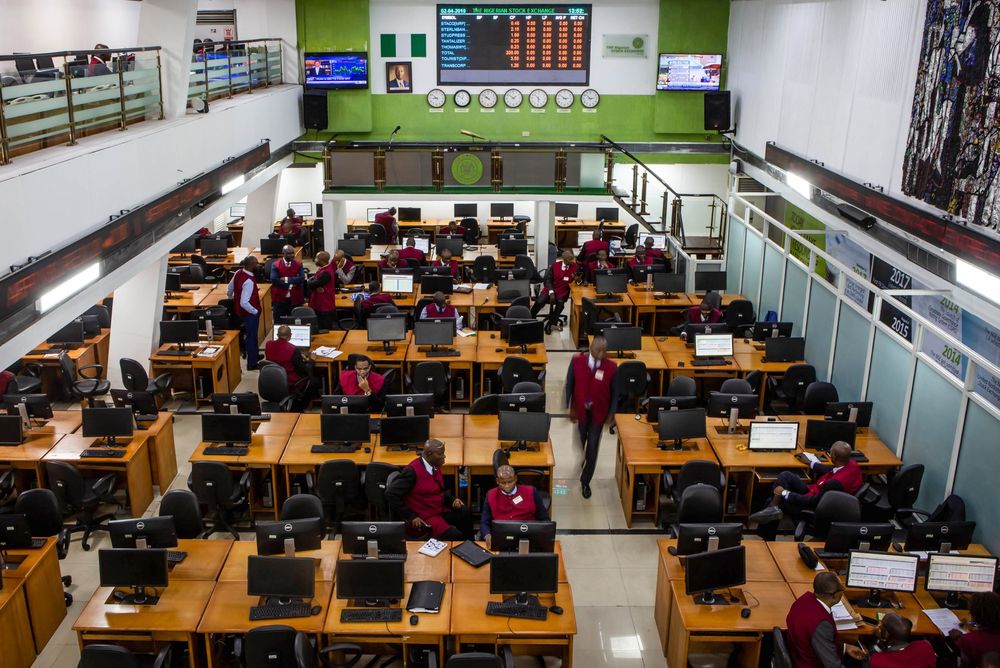Asian stock markets mirrored a slump on Wall Street as traders eagerly anticipated Jerome Powell’s forthcoming speech for insights into the interest-rate outlook.
Equity markets in Japan, Australia, South Korea, and China all experienced declines, with Hong Kong-listed technology stocks notably affected, echoing the heavy sell-off in US tech shares on Thursday.
The Nasdaq 100 recorded a 2.2% drop, marking its most significant decline in three weeks while the S&P 500 also experienced a drop of over 1%, nearly erasing its weekly gains.
Futures contracts for these US benchmarks saw minimal changes during Asian trading.
In the bond market, Treasury yields, particularly the two-year yields, which are sensitive to immediate policy moves, surged above 5% on Thursday.
Meanwhile, Australian and New Zealand bond yields saw slight increases in Asian trading.
The greenback further strengthened against its G-10 peers, while the yen weakened, breaching 146 per dollar for the first time since Tuesday, following slightly lower-than-expected inflation data for Tokyo.
Even with Chinese authorities urging top financial institutions to support a struggling market, Chinese stocks experienced a slump.
Morgan Stanley, for the second time in three months, cut price targets for Chinese equity benchmarks. Meituan shares also slid after the company issued a warning about a slowdown in its core meal delivery business.
Investor attention is now focused on the annual gathering of top central bankers in Jackson Hole, Wyoming, where Powell is scheduled to deliver a speech at 10:05 a.m. Washington time on Friday.
Powell is expected to outline how officials will assess the necessity of rate hikes and when to initiate rate cuts.
Leading up to Powell’s address, Susan Collins, the President of the Federal Reserve Bank of Boston, indicated that rate increases may be necessary but refrained from signaling the peak point.
Read also: Investors Loses N150 Billion as Stock Exchange Dips by 0.42% Last Week
In contrast, Patrick Harker, the President of the Federal Reserve Bank of Philadelphia, anticipates interest rates remaining unchanged for the rest of the year, suggesting that policymakers have likely implemented sufficient tightening measures.
In an earlier interview on Bloomberg Television, former St. Louis Fed President James Bullard suggested that a surge in economic activity this summer could postpone the Fed’s plans to conclude interest-rate increases.
A survey conducted by 22V Research reveals that 78% of investors expect Powell to prioritize data dependency in his speech, with only 21% anticipating a “risk-off” market reaction, while 43% expect a mixed or negligible response, and 37% predict a “risk-on” reaction.
Dennis DeBusschere, founder of the New York-based research firm, commented, “If Powell focuses on data dependency, that ought to help 10-year yields stabilize,” highlighting the potential to provide a “tailwind” to the growth-versus-value trade.
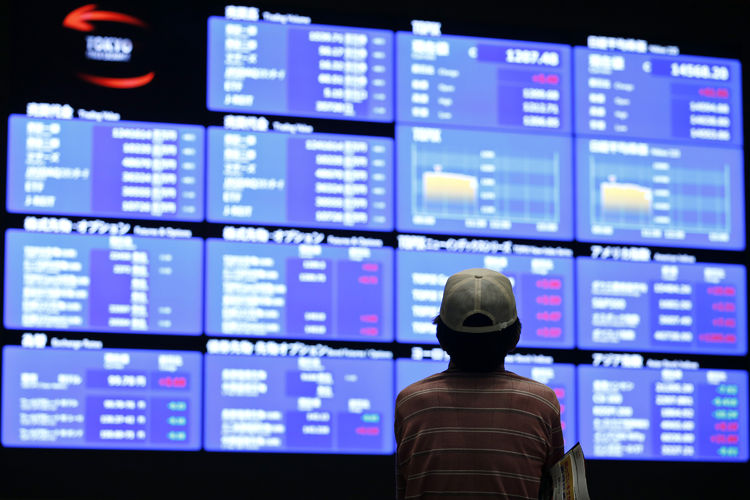

 Forex3 weeks ago
Forex3 weeks ago
 Naira3 weeks ago
Naira3 weeks ago
 Billionaire Watch2 weeks ago
Billionaire Watch2 weeks ago



 Naira3 weeks ago
Naira3 weeks ago






 Naira2 weeks ago
Naira2 weeks ago




 Naira1 week ago
Naira1 week ago




 Naira4 weeks ago
Naira4 weeks ago






 Naira1 week ago
Naira1 week ago

